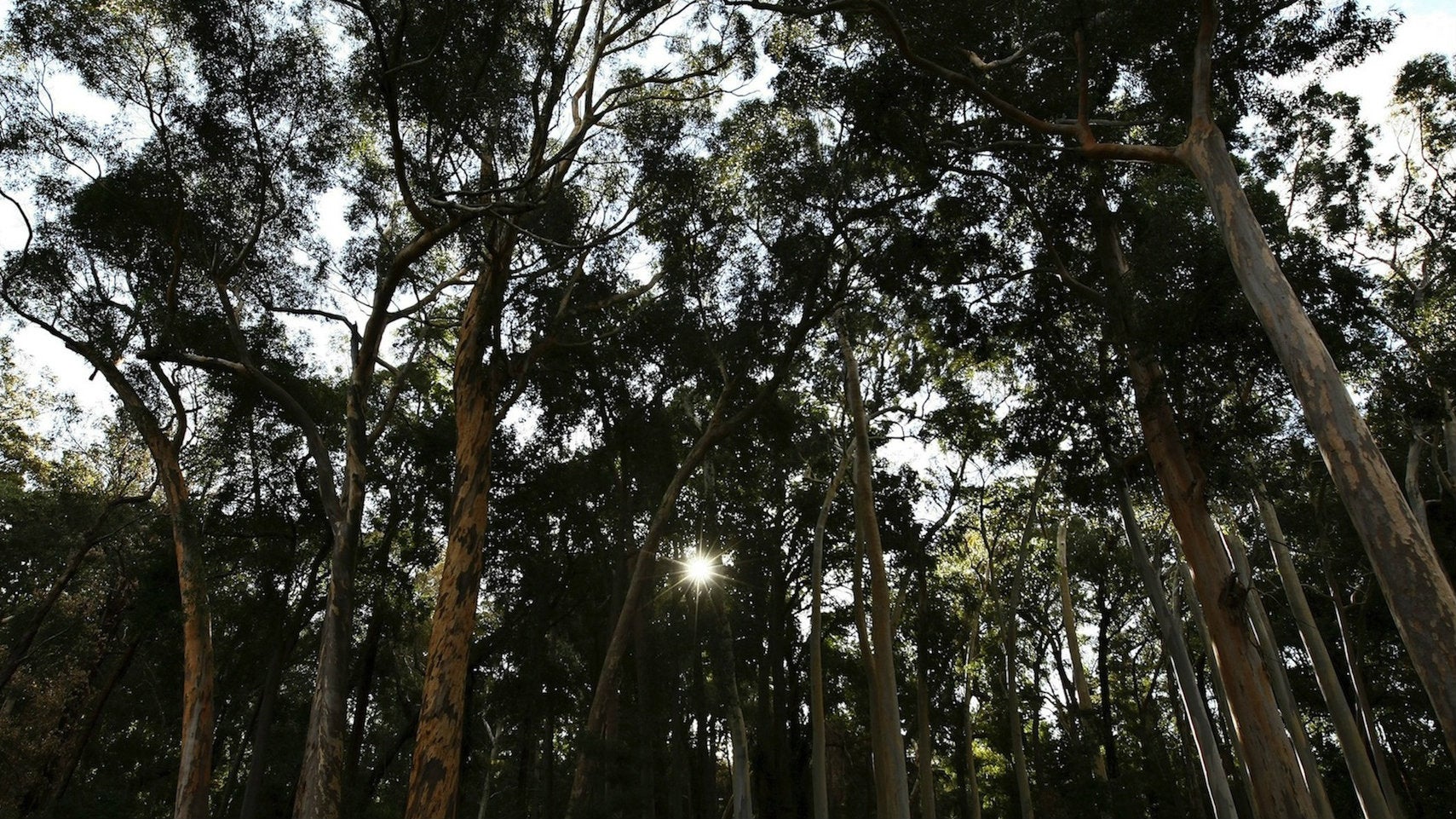African countries are pledging to restore a forest three times the size of the UK
African states are launching an initiative to restore 100 million hectares, or about 386,000 square miles, of forest on the continent by 2030. Ten countries have pledged to replenish 31.7 million hectares of degraded or deforested woodlands as part of the African Restoration Initiative, launched at a climate change conference in Paris this weekend.


African states are launching an initiative to restore 100 million hectares, or about 386,000 square miles, of forest on the continent by 2030. Ten countries have pledged to replenish 31.7 million hectares of degraded or deforested woodlands as part of the African Restoration Initiative, launched at a climate change conference in Paris this weekend.
Togo, Malawi, Kenya, and Madagascar have agreed to be part of the project but are still deciding how many hectares to restore. Other countries have promised to better conserve their forests or use better farming practices.
Africa contributes little to the world’s carbon emissions but is one of the regions most affected by climate change. Changing rainfall patterns affect rural communities that depend on agriculture. More than 1,300 natural disasters believed to be linked to climate change hit the continent between 1970 and 2012, according to the World Meteorological Organization.
Africa, along with South America, has experienced the world’s largest losses in forestlands over the past five years—a net loss of 2.8 million hectares a year, between 2010 and 2015. Still, the continent is home to almost a fifth of the world’s stock of untouched forest, an estimated 650 million hectares that acts as a “carbon sink,” absorbing 1.2 billion tonnes of carbon dioxide a year, according to Akinwumi Adesina, president of the African Development Bank.
According to the World Resources Institute, if these reforestation and conservation commitments are kept, over a third of the continent’s emissions or 0.25% of global emissions would be reduced over the next decade. The World Bank along with Germany and other countries have pledged over $1 billion in funding for initiatives like the African Restoration Initiative, also known as AFR100. France also has said it would double its investments in renewable energy projects on the continent.